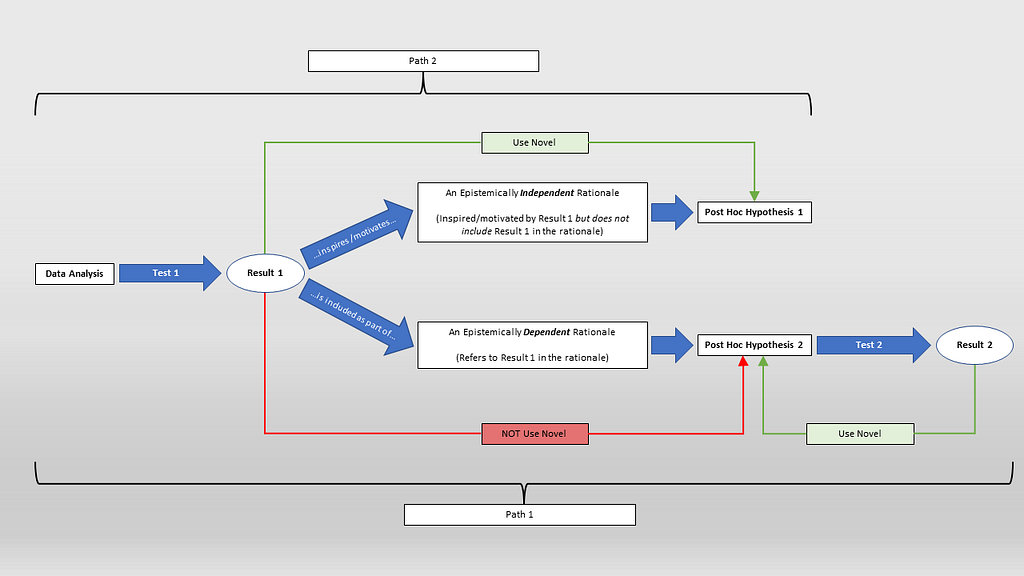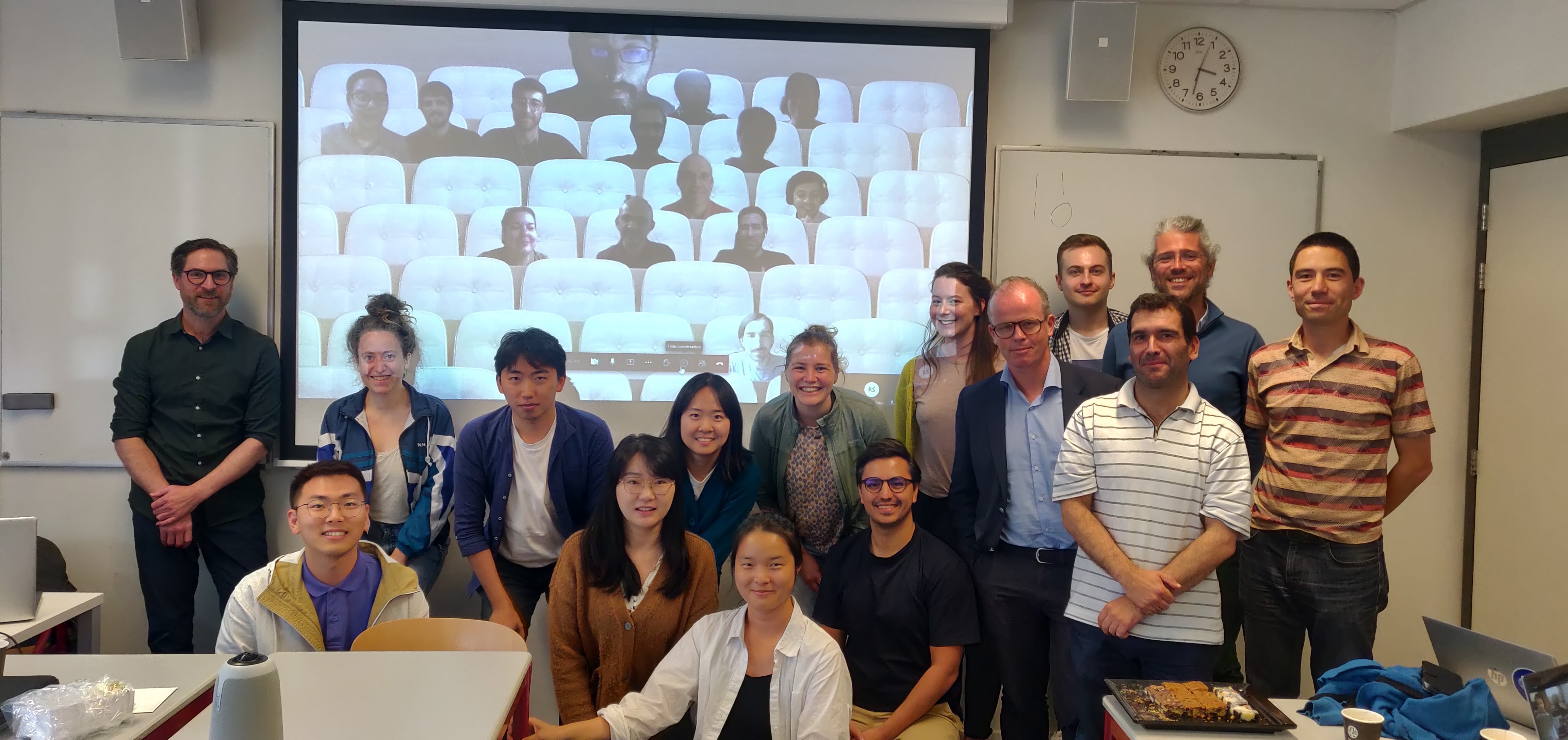Was wir oft ausblenden: Durch Informationsfreiheitsgesetze sind viele unserer Hochschulen zur Offenlegung ihrer Akten verpflichtet, wenn Bürger*innen es einfordern. Auch wenn die Anfragen der Steuerzahler manchmal ziemlich skurril sind – sie sind ein wichtiger Teil der Demokratie.
Postagens de Rogue Scholar
Since its inauguration in 2010, OpenCitations has always granted free access to its services to users throughout the world, with no requirement for registration or sign-up. Programmatic access to OpenCitations data can be obtained either via our SPARQL endpoints and our REST APIs.
Cross-posted on the University of Cambridge’s Unlocking Research blog. In the USA last Thursday, the White House Office of Science and Technology Policy announced its decision to mandate public access to all federally funded research articles and data.
We announce the August 2022 release of COCI, the OpenCitations Index of Crossref open DOI-to-DOI citations, which is based on open references to works with DOIs within the Crossref dump dated August 2022. This new release extends COCI with more than 48 million additional citations, giving a total number of more than 1.36 billion DOI-to-DOI citation links.
Kein anderer Begriff wird im Wissenschaftssystem so breitgetreten: Jeder hat eine Strategie für irgendwas. Strategische Stabsstellen produzieren Strategiepapiere am laufenden Band. Eine Glosse über einen überschätzten Begriff.

Researchers often distinguish between: (1) Exploratory hypothesis tests — unplanned tests of post hoc hypotheses that may be based on the current results, and (2) Confirmatory hypothesis tests — planned tests of a priori hypotheses that are independent from the current results This distinction is supposed to be useful because exploratory results are assumed to be more “tentative” and “open to bias” than confirmatory results.

Heute hat das White House Office of Science and Technology Policy (OSTP) seine Open-Science-Policy aus dem Jahr 2013 aktualisiert. In einem wegweisenden Memorandum (PDF) unter dem programmatischen Titel “Ensuring Free, Immediate, and Equitable Access to Federally Funded Research” der Biden-Administration werden die US-Bundesbehörden (z. B. NASA und NSF) zur Umsetzung folgender drei Punkte verpflichtet:

Alle sind sich einig, dass die Forschung mehr Freiheiten braucht, um schneller und innovativer zu werden. Allerdings zeigt der Blick auf einige Beispiele von überbordender Bürokratie: Echte Verbesserungen sind zwar möglich, brauchen aber eine Menge politischen Willen.

Our lab is growing! In our Three Questions series, we’re profiling each of our members and the amazing work they’re doing. Today we’re highlighting Heather Woods, a part-time professor in the Faculty of Education at the University of Ottawa, researcher and podcaster in Social Emotional Learning, and member of the ScholCommLab.

The 2022 CWTS Summer School provided a thorough introduction to scientometrics. First, we defined scientometrics. We then discussed major scientometric data sources, their strengths and limitations, including Web of Science, Scopus, and Dimensions as well as explored cutting edge tools available to scientometricians, including Elsevier’s International Center for the Study of Research Lab (ICSR) and Dimensions on Google Big Query.